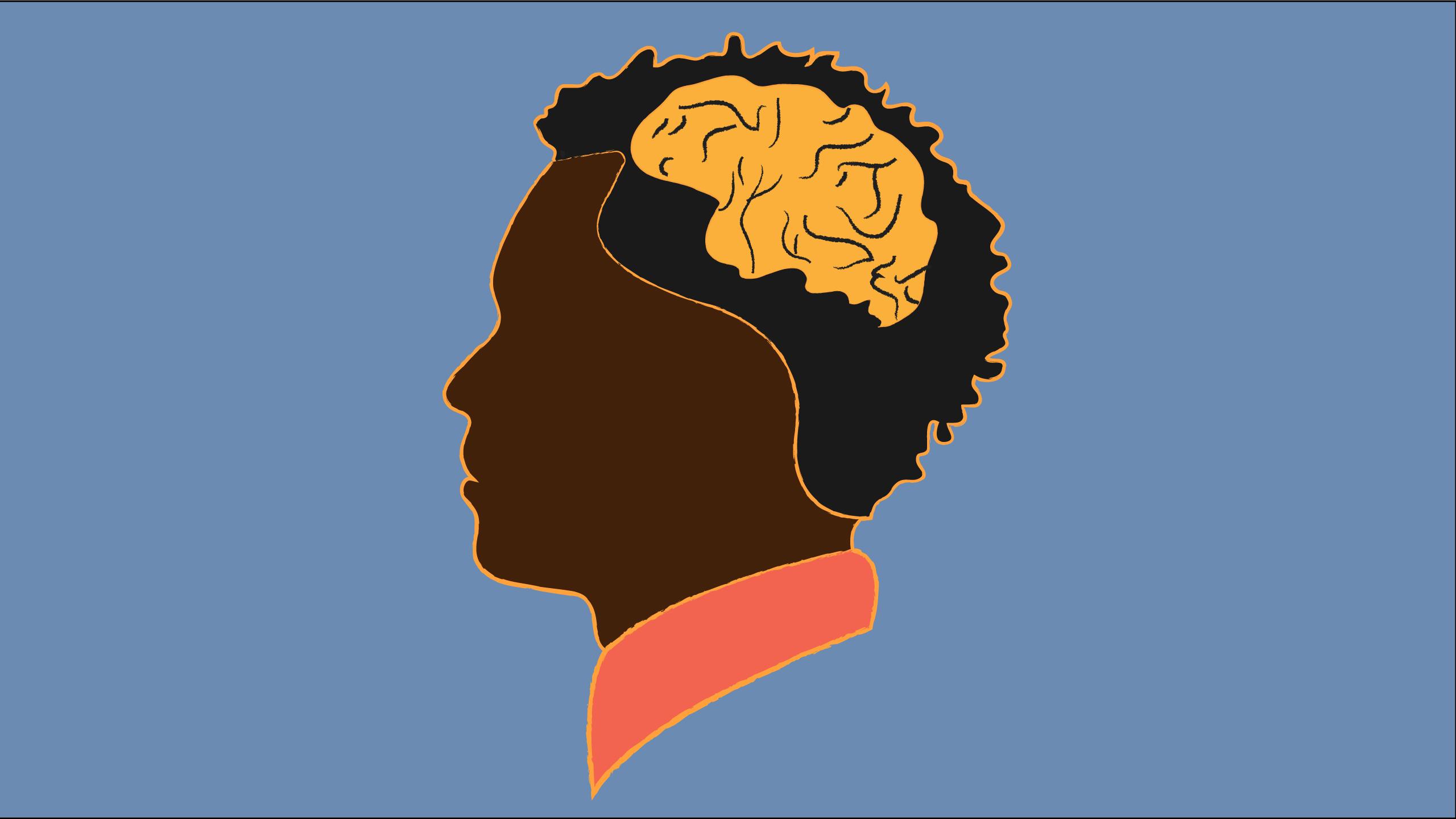By Tamunoibifiri Fombo
The City of Toronto has officially declared March 2 as a day dedicated to Black Mental Health. Starting this year, Toronto Black Mental Health Day is now scheduled to take place on the first Monday of every March. The City has partnered with TAIBU Community Health Centre to address issues surrounding anti-Black racism and its impact on mental health in the Black community. This day will be the first of its kind and is set to feature a series of community-led events that highlight the need for systemic change and productive dialogue around Black mental health.
The Eye spoke to Eden Abraham, a professional counselor of Eritrean background at Ryerson University, and Kelisha May, a third year social work student, about why a day dedicated specifically to Black mental health is so needed.
What does being a Black Torontonian mean to you?
Eden: Being a Black cisgender Torontonian means a lot of things. Chief among them is the strong sense of community because of the diversity that exists within the city. But, I also think it’s an experience that can be fraught at times. Although I believe that the city likes to celebrate elements of Black culture related to hip hop, food or clothing, there’s a real problem in terms of representation for Black folks.
Kelisha: I was raised in Vaughan, but when I speak to peers who were born and raised in Toronto, it’s impossible to ignore the different experiences we have. Although the racism I experienced in the suburbs greatly impacted my mental health—because my school was predominantly non-Black—the services provided were pretty good. I had access to mental health services and there was a rise in Black teachers in York Region demanding resources for Black students.
Why is it important to focus on the intersection of Blackness and mental health?
Eden: Having access to good education, jobs, affordable housing, food security–those are things that impact the overall health of all individuals. But the experience of anti Black racism, systemic racism or institutional racism significantly impacts the capacity of folks to access good social determinants of health. Naturally, that has an impact on the mental health of Black folks and that’s why we tend to see that Black folks are experiencing a higher rate of mental health challenges.
Conversely, there’s a lower rate of mental health care utilization. We are less likely to be able to access services because of things like stigma and lack of access to culturally responsive health care. I think it’s really important that the City of Toronto has taken this step towards explicitly naming that Black folks are suffering as a result of racism.
Kelisha: It’s important for health physicians, and even ourselves, to recognize how our multiple identities play a role in our wellbeing. When we are unable to speak on our everyday interactions with racism, sexism, homophobia—whether they’re overt or micro-aggressions—it chips away at our wellbeing. We need professional and intimate spaces where we can speak our honest truths about how this impacts us. We rarely have safe spaces to speak about how these forms of oppression leave us depressed or hopeless or suicidal.
What measures do you think could be a step to improving the quality of mental health in Black communities?
Eden: Taking a really proactive approach to address these conversations from a very young age could be helpful. There are also a few really important services in Toronto that specifically serve the Black community. But I think there is more to be done within the mainstream healthcare system towards integrating anti-racist practices. That involves hiring more staff that is representative of the community and equipping them with the lens to support Black folks.
Another thing that’s really important is creating systemic solutions to a very systemic problem. We know that the wages in Toronto have really increased over the last 35 years for white folks, but they have stayed the same for Black folks. That’s a big problem and we can see that Black folks have a high level of education but are unable to access high paying jobs. So what’s happening there? There needs to be real meaningful redress. Research has shown us that that’s really going to have a huge impact on fortifying the mental health of Black folks.
*Responses have been edited for length and clarity.













Leave a Reply